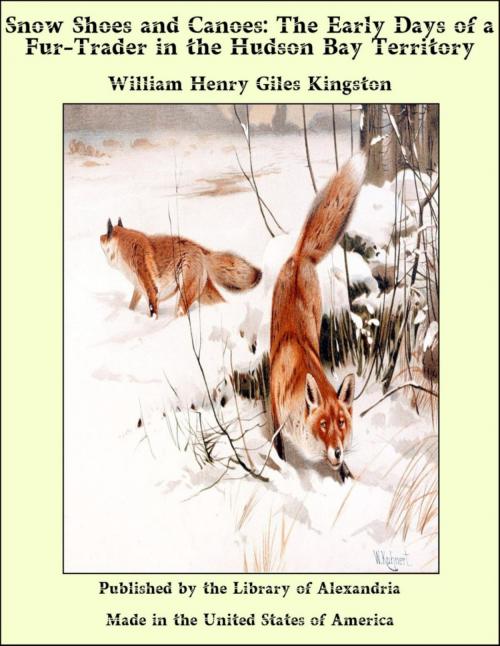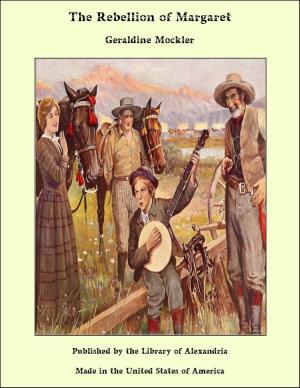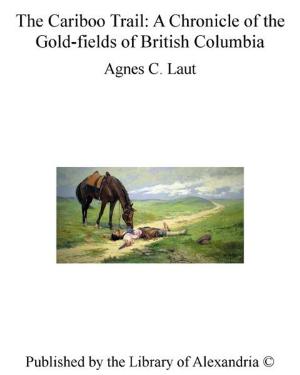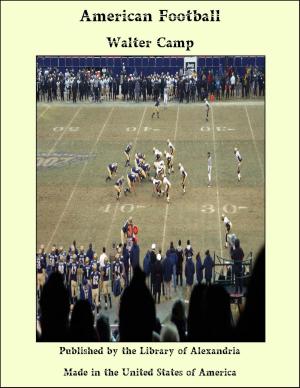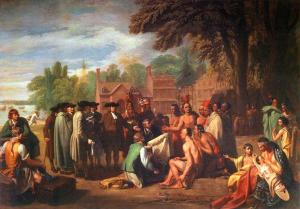Snow Shoes and Canoes: The Early Days of a Fur-Trader in the Hudson Bay Territory
Nonfiction, Religion & Spirituality, New Age, History, Fiction & Literature| Author: | William Henry Giles Kingston | ISBN: | 9781465596055 |
| Publisher: | Library of Alexandria | Publication: | March 8, 2015 |
| Imprint: | Language: | English |
| Author: | William Henry Giles Kingston |
| ISBN: | 9781465596055 |
| Publisher: | Library of Alexandria |
| Publication: | March 8, 2015 |
| Imprint: | |
| Language: | English |
The short summer of the North-West Territory of British America, the region in which the events I am about to describe took place, was rapidly drawing to a close. I had been sent from Black Fort, of which my elder brother Alick had charge, with Sandy McTavish, an old follower of our father’s, and two other men, to bring up ammunition and other stores as a winter supply from Fort Ross, about 150 miles off—a distance, however, of which we did not think much. The stores ought to have been brought up the greater part of the way by the Saskatchewan, but a canoe had been lost in ascending the rapids, and no other was at that time to be procured to replace her. It became necessary, therefore, at all costs to transport the required stores by land. We had eight pack-horses, besides the four animals my companions and I rode. We were all well armed, for though the Crees and other Indian tribes in the northern part of the territory were generally friendly, we might possibly encounter a party of Blackfeet on the war-trail who, should they find us unprepared, would to a certainty attack us, and endeavour to steal our horses and goods. We were but few in number for such an undertaking, but no more men could be spared. Sandy, however, was a host in himself. He thoroughly knew all the Indian ways, and from his long experience was well able to counteract them. Many an evening, while seated at our camp-fire or at the stove in the fort, during winter, has he beguiled the time with accounts of his hairbreadth escapes and desperate encounters with the redskins. He had no enmity towards them, notwithstanding the attempts they had made on his life.
The short summer of the North-West Territory of British America, the region in which the events I am about to describe took place, was rapidly drawing to a close. I had been sent from Black Fort, of which my elder brother Alick had charge, with Sandy McTavish, an old follower of our father’s, and two other men, to bring up ammunition and other stores as a winter supply from Fort Ross, about 150 miles off—a distance, however, of which we did not think much. The stores ought to have been brought up the greater part of the way by the Saskatchewan, but a canoe had been lost in ascending the rapids, and no other was at that time to be procured to replace her. It became necessary, therefore, at all costs to transport the required stores by land. We had eight pack-horses, besides the four animals my companions and I rode. We were all well armed, for though the Crees and other Indian tribes in the northern part of the territory were generally friendly, we might possibly encounter a party of Blackfeet on the war-trail who, should they find us unprepared, would to a certainty attack us, and endeavour to steal our horses and goods. We were but few in number for such an undertaking, but no more men could be spared. Sandy, however, was a host in himself. He thoroughly knew all the Indian ways, and from his long experience was well able to counteract them. Many an evening, while seated at our camp-fire or at the stove in the fort, during winter, has he beguiled the time with accounts of his hairbreadth escapes and desperate encounters with the redskins. He had no enmity towards them, notwithstanding the attempts they had made on his life.
